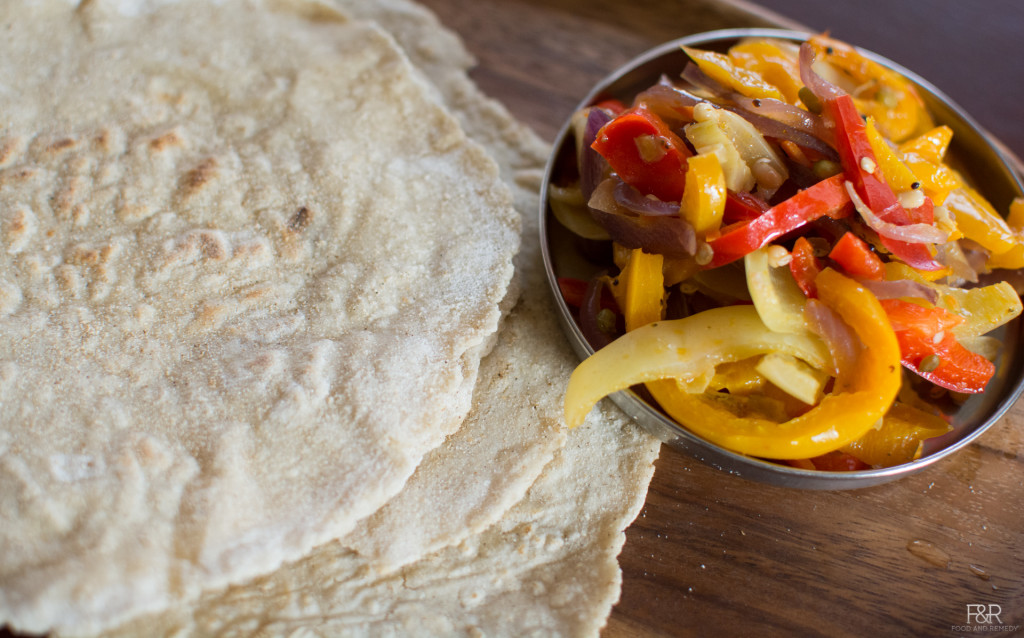https://www.youtube.com/watch?v=Im-mY0DIk0Y
Jolada rotti / Jowar rotti, or bhakri is very popular flat bread in North Karnataka region. In fact, it is their staple food. Jola / Jowar / Sorghum is a high-protein, cholesterol-free and it is the source of essential nutrients like fiber, iron, phosphorus. Additionally,it is gluten free. Making this jowar rotti is very simple. The authentic method of beating it with your palm takes some practice, but can get the same taste by rolling it like a wheat roti
I was first introduced to this wonderful, healthy, and delicious flat bread or rotti by my mother in law who is from North Karnataka, she is a pro. There is an story behind me and this rotti. When my son was a baby, he was allergic to wheat, milk and what not.... I was on no wheat, no dairy diet for 2 years. When I visited India with him for the first time, my MIL felt very bad, cause I was not eating anything ( anything with wheat in it ) So she prepared this rotti, and the minute I ate the rotti, I fell in love with jolada rotti. Ennegayi or stuffed eggplant or brinjal and jolada rotti is a superb combination. She told me, making rotis by patting with palms takes practice, so just use rolling pin and do it . Since then( from past 19 years ) I am making rotis in both ways and. When I mastered the authentic palm method, it was an exciting day :)
Here is the recipe for the jolada rotti or Jowar Roti.
Ingredients
- 1 cup Jowar flour
- 1¼ cup water
- ¼ tsp salt optional
- Also we need :
- around 3/4 cup Jowar flour Needed while making the rotti
- Clean cloth
- around a cup of water
Instructions
- Mix salt and flour in a bowl. Make a whole in the center. In a different vessel keep the water for boiling.
- It has to boil for a minute. This is very important.
Add this boiling water to the flour. Mix it with wooden spoon or any spoon.
(water will be very hot )
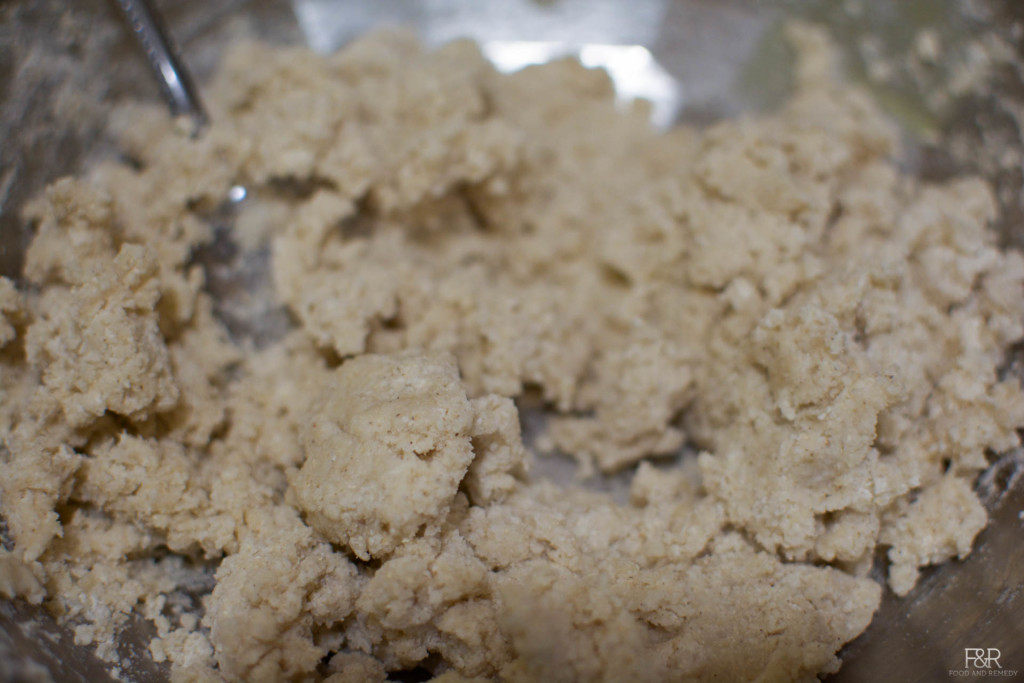
- Mix it well and leave it for 5 minutes.When it is still warm knead it for 3 to 4 minutes.
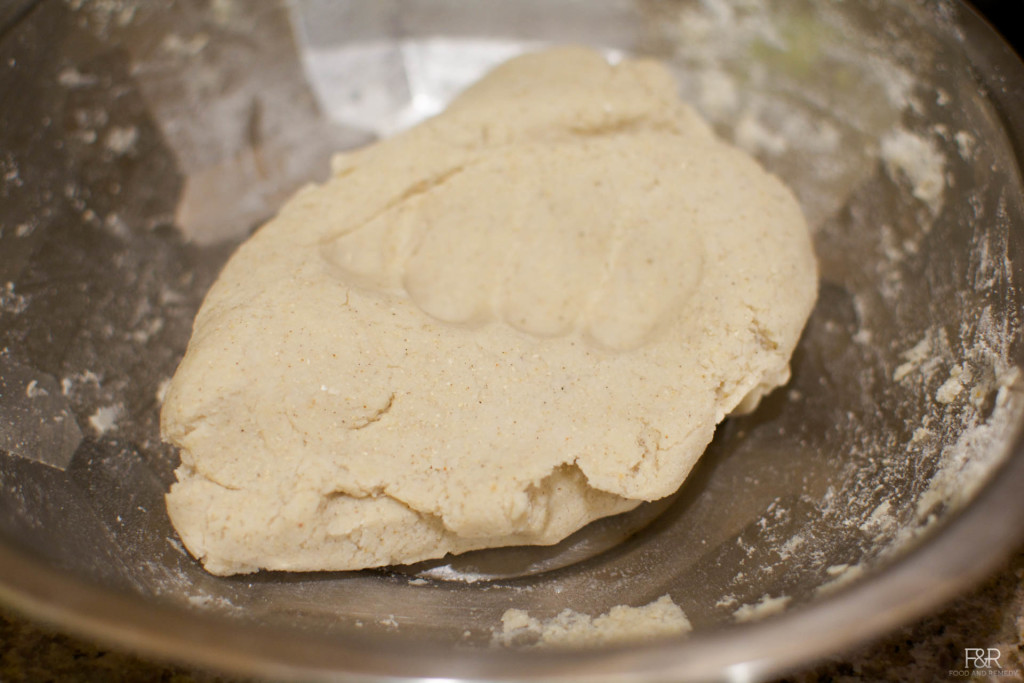
- The dough should be like soft chapati dough.
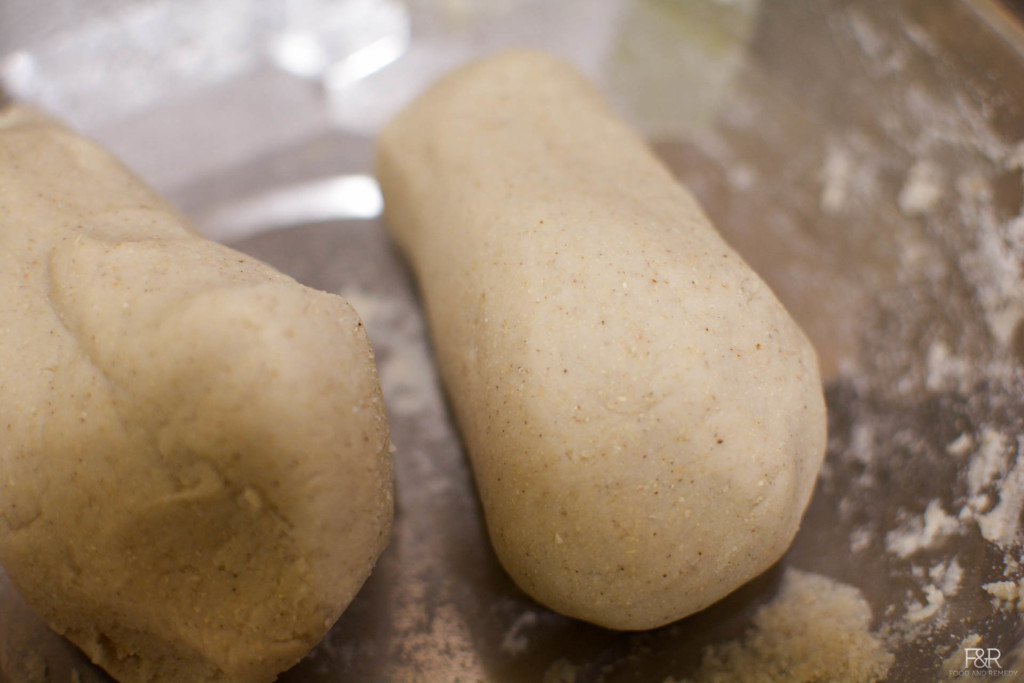
- Now take around 2 tbsp dough or small lemon size dough. Make a ball and flatten it.
Method 1
- Dust the rolling surface or a steel plate with generous amount of jowar flour.Dip the dough in the flour and start gently patting/beating with palm to make a thin circle (use flour when needed).This is relatively hard for the beginners but you can do it. Start with making small, little thick rotti , once you get the hang of it you can make big, thin rotis.
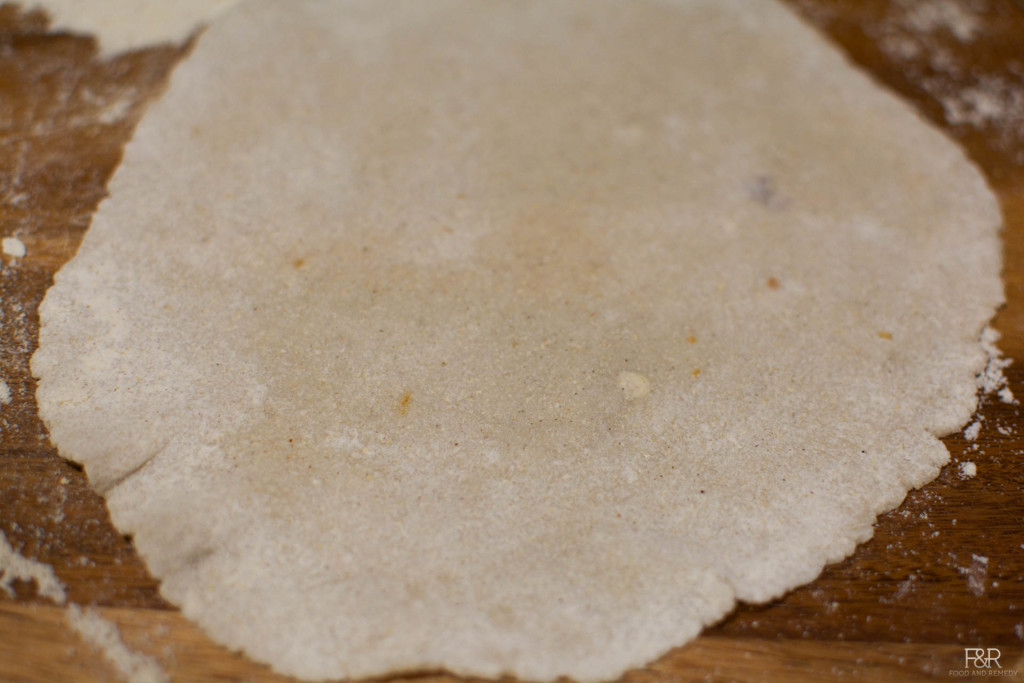
Method 2
- Dip the flattened dough in the flour, dust the rolling surface nicely with flour and roll gently like rotis or chapathi to make a circle, Don't put pressure while rolling it (use extra flour when needed ).
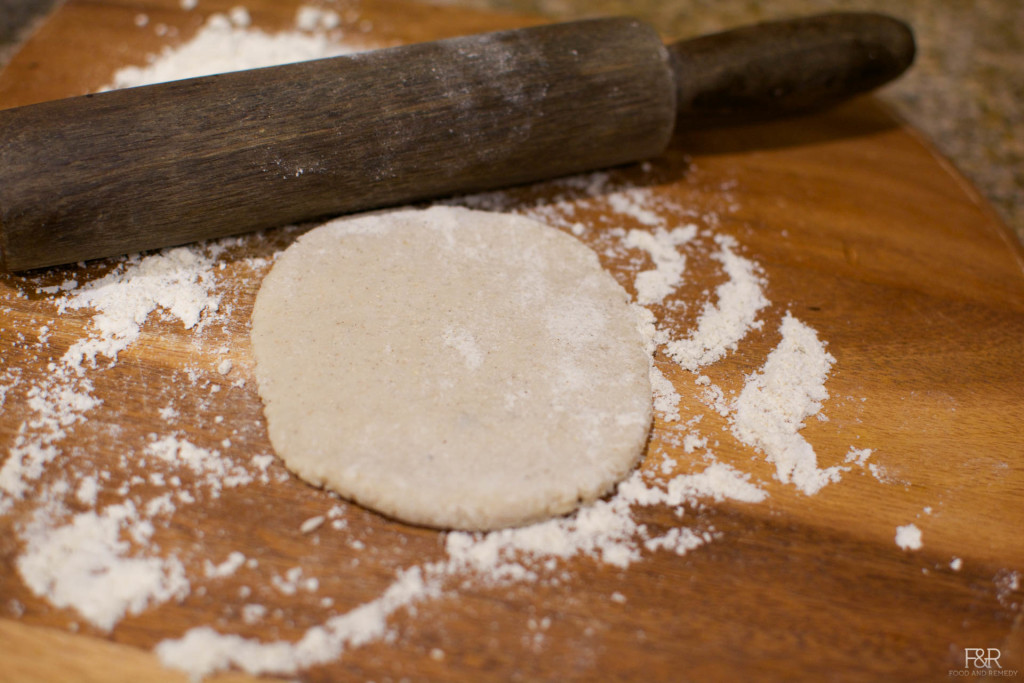
- Heat the skillet well on medium high heat. Put the prepared roti on the hot tava.
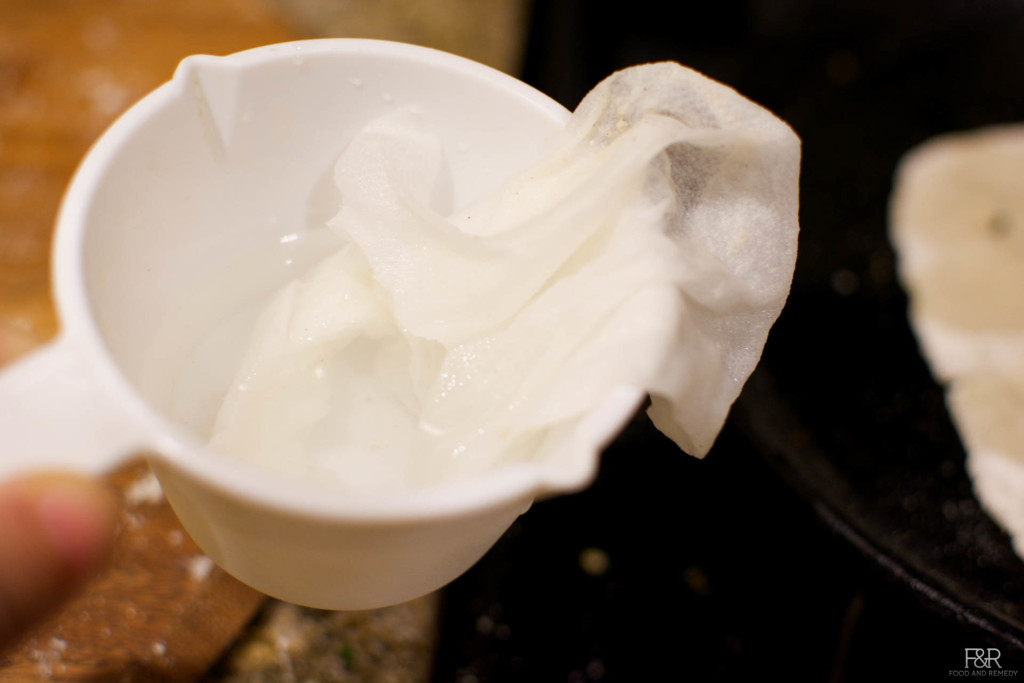
- After few seconds, dip the clean cloth in water and coat the roti with a thin layer of water.
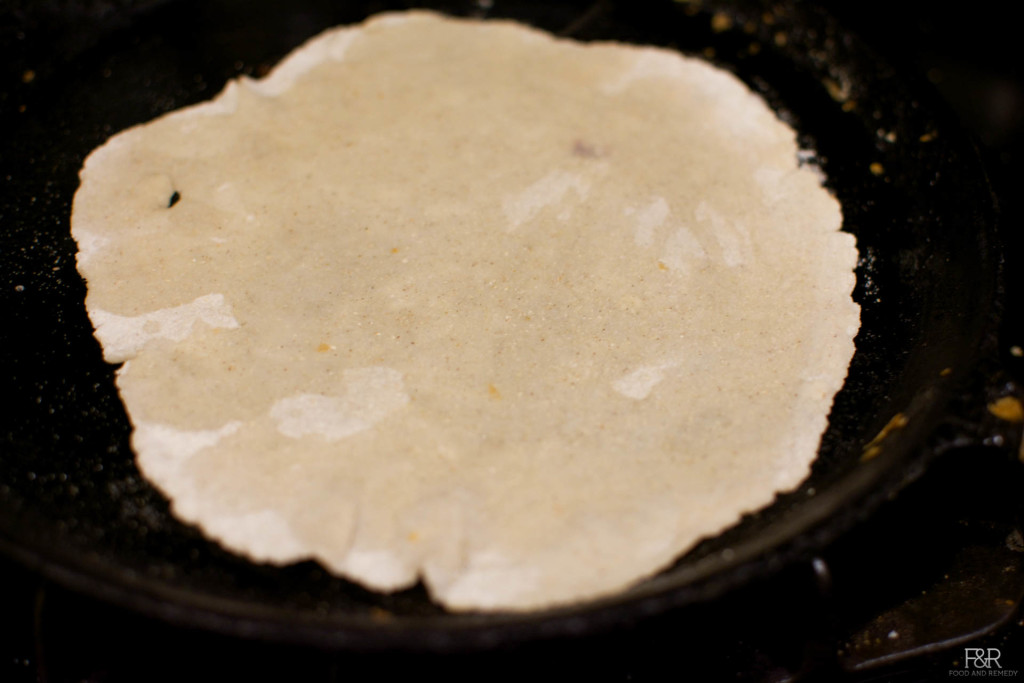
- Wait until the water evaporates then flip it to the other side. Let it cook. Then flip again. Press gently with the cloth , it will puffs up ,
Now remove it from the tava.
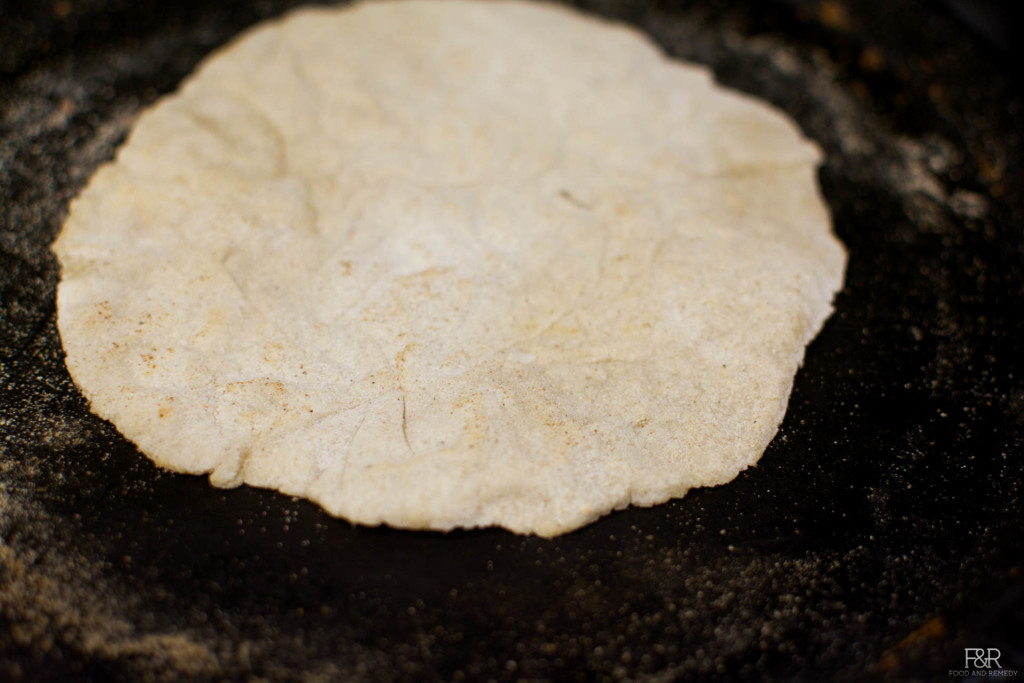
- Now the jolada rotti is ready to eat. Enjoy with Ennegayi, or any side dish of your choice.
Repeat the same procedure with the remaining dough.
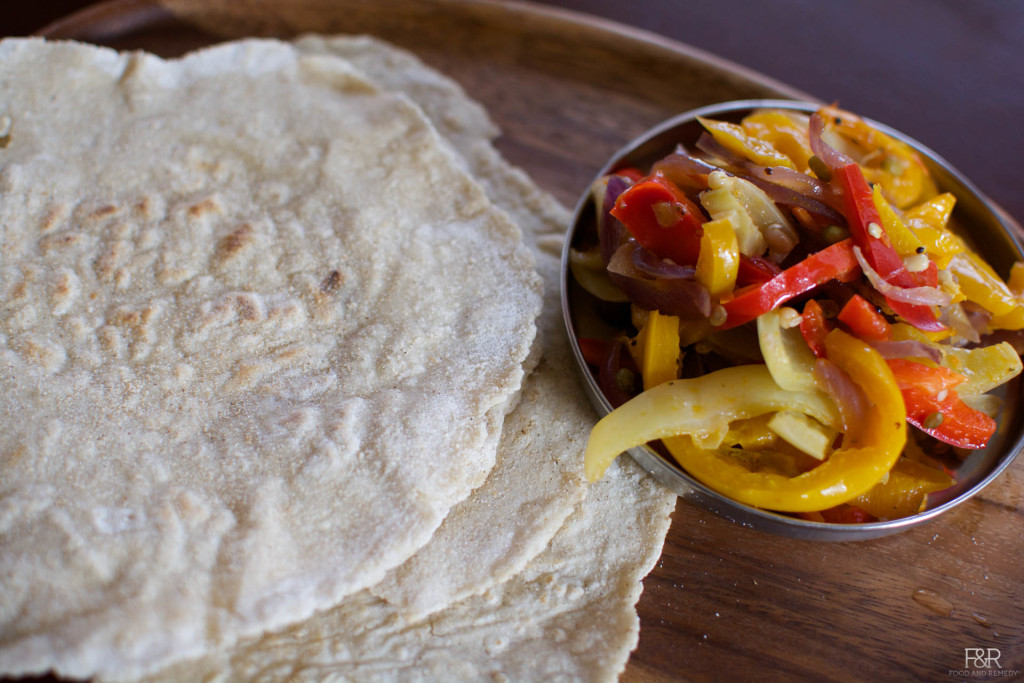
Notes
Boiling water is very important.
Since jowar flour is gluten free, kneading is must.
If the dough is hard, add little more hot water, if it is very soft and sticking to your hand, add little flour and mix it while kneading the dough.
